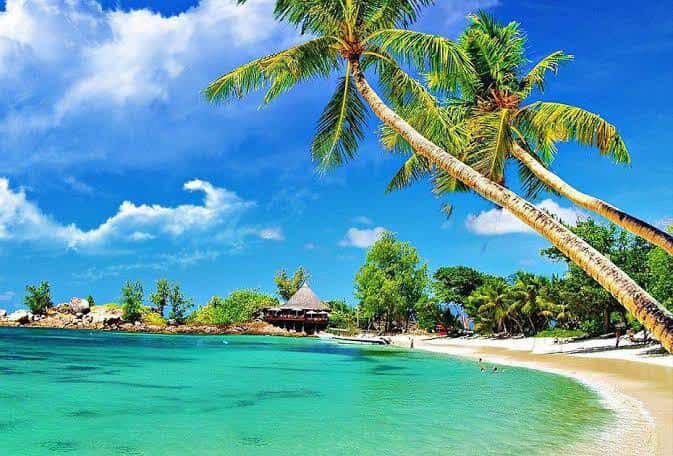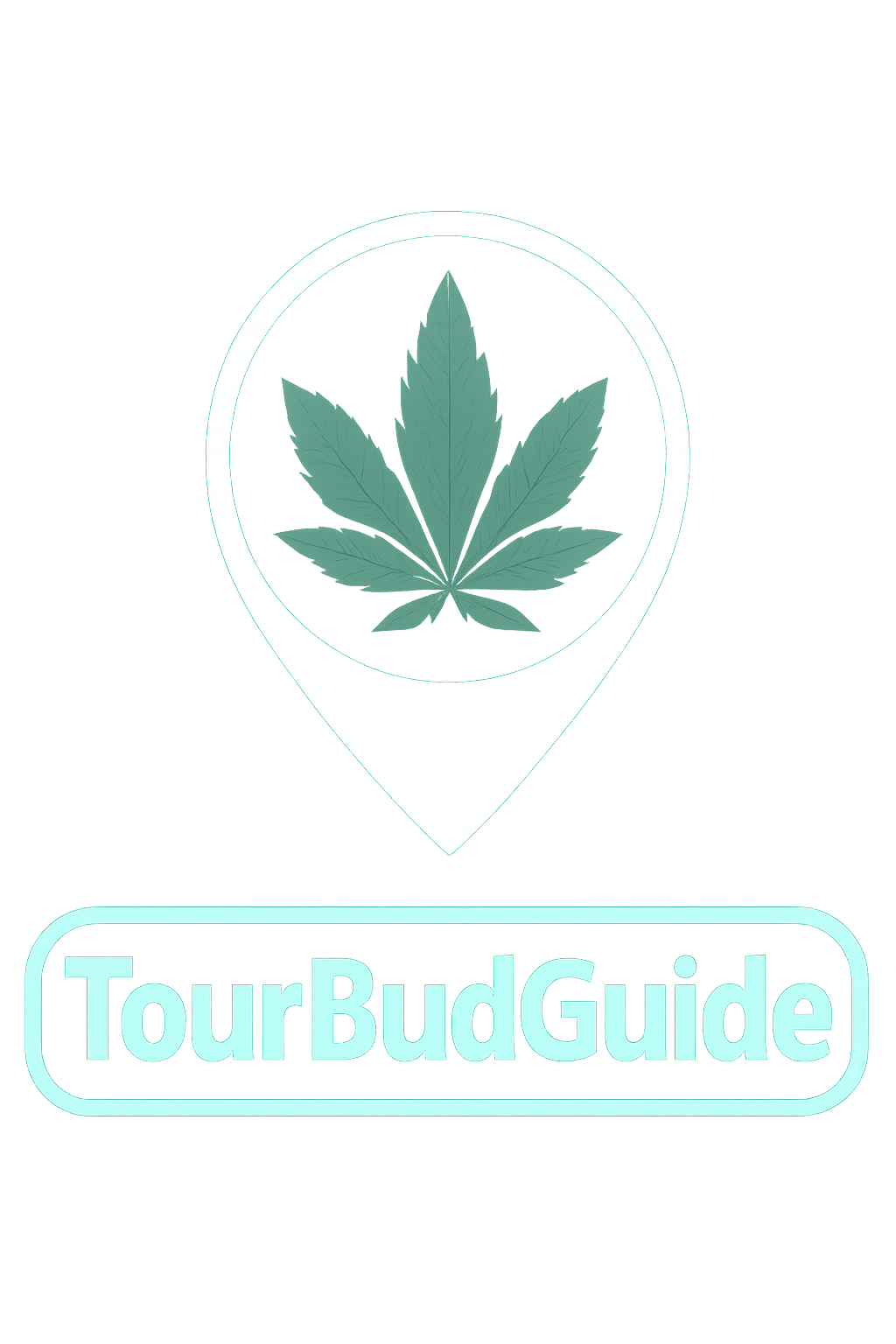
Discovering Cannabis in Papua New Guinea: Laws, Culture, and Society
Papua New Guinea (PNG), an island nation in the southwestern Pacific, is known for its cultural diversity, rich traditions, and vast natural landscapes. Cannabis, often referred to locally as “ganja”, has been present in PNG for decades, both as a cultivated crop and as part of informal social use. To “discover weed in Papua New Guinea” is to explore the legal framework, historical roots, cultural context, and public health considerations surrounding cannabis in this unique country.
1. Historical Context of Cannabis in Papua New Guinea
Cannabis has a long-standing presence in PNG:
- Introduction and Cultivation: Cannabis was introduced to PNG in the 1960s, primarily through traders and migrant workers. Its cultivation spread rapidly due to the country’s fertile soil, favorable climate, and rural farming practices.
- Cultural Integration: While cannabis use is illegal, it has become embedded in some local communities as part of social gatherings and informal trade. It is often consumed by men in villages, sometimes as part of traditional leisure activities.
- Economic Role: Over time, cannabis cultivation became a source of income for rural farmers, supplementing subsistence agriculture. Despite its illegal status, cannabis has remained a significant informal cash crop in PNG.
Cannabis has historically occupied a dual role in PNG society: socially accepted in rural contexts yet illegal under formal law.
2. Legal Status of Cannabis in Papua New Guinea
Cannabis in PNG is illegal, but enforcement varies:
- Possession: Possessing any amount of cannabis is prohibited and can lead to fines, imprisonment, or both. The severity of punishment often depends on the quantity and intent.
- Cultivation: Growing cannabis plants without government authorization is a criminal offense. Law enforcement periodically targets large-scale growers.
- Trafficking and Sale: Selling or distributing cannabis is illegal and can result in long-term imprisonment.
- Medical Cannabis: Papua New Guinea currently does not have a regulated medical cannabis program, although discussions about medical and industrial cannabis have emerged in recent years.
The legal framework reflects a zero-tolerance approach, though informal cultivation remains widespread in rural areas.
3. Cultural Attitudes Toward Cannabis
Cannabis occupies a complex social and cultural position in PNG:
- Rural Communities: In remote villages, cannabis cultivation is often accepted as a source of income and is sometimes tolerated socially, particularly among men.
- Urban Areas: Cities like Port Moresby, Lae, and Mount Hagen have stricter social norms, with cannabis use less visible due to law enforcement and social stigma.
- Youth Culture: Urban youth are aware of cannabis, often influenced by international media, but recreational use carries legal risks and social consequences.
Cultural attitudes highlight a contrast between traditional rural acceptance and urban conservatism.
4. Cannabis and Public Health Policies
PNG addresses cannabis primarily through prevention, education, and law enforcement:
- Education Programs: Schools and community initiatives aim to inform youth about the risks of cannabis use, including physical, mental, and social consequences.
- Law Enforcement: Police monitor cultivation, possession, and trafficking. Enforcement is stronger in urban areas, while rural communities may experience periodic crackdowns.
- Rehabilitation: Limited drug rehabilitation services exist, offering counseling, therapy, and reintegration support for individuals with substance use problems.
Public health policy emphasizes deterrence, prevention, and rehabilitation, reflecting the country’s cautious approach to drug use.
5. Cannabis in Urban and Rural Areas
Cannabis prevalence differs significantly by region:
- Urban Areas: Cities like Port Moresby and Lae have limited visible cannabis cultivation, and recreational use is primarily discreet due to strict legal enforcement.
- Rural Areas: In provinces such as the Highlands and the Sepik region, cannabis is commonly cultivated as an informal cash crop. Many farmers rely on it to supplement income from subsistence farming.
- Tourist Areas: Some tourists visiting remote regions may encounter cannabis, but it is largely tied to local consumption and informal trade networks.
The rural-urban divide underscores economic necessity versus legal risk.
6. Cannabis and Tourism
Tourists in PNG must be aware of legal restrictions:
- Recreational cannabis is illegal, and possession can result in arrest, fines, or imprisonment.
- Medical cannabis is not legally available for residents or visitors.
- Tourists should avoid black market purchases, as enforcement is active, and penalties can be severe.
Responsible tourism requires strict adherence to local laws to avoid legal complications.
7. The Black Market and Informal Use
Cannabis has a significant informal economy in PNG:
- Large-scale cultivation exists in rural areas, supplying local consumption and, occasionally, cross-border trade.
- The black market is risky due to law enforcement crackdowns and the potential for violent disputes between informal growers.
- Products vary in quality and potency, increasing health and legal risks for users.
The black market reflects the tension between local economic needs and national prohibition.
8. Economic and Social Implications
Cannabis has important economic implications in PNG:
- Rural Livelihoods: Many farmers depend on cannabis cultivation to supplement incomes from subsistence crops like sweet potatoes, taro, or coffee.
- Social Consequences: Involvement in illegal cannabis trade carries criminal penalties, social stigma, and possible imprisonment.
- Potential Legal Opportunities: Discussions about medical and industrial cannabis suggest that regulated markets could support rural economies and public health if legalization or regulation occurs.
Cannabis remains both an economic necessity and a social risk for many communities.
9. Regional Context
PNG’s cannabis policies align with Pacific regional trends:
- Australia and New Zealand: Both countries have legalized medical cannabis, with New Zealand recently considering broader reforms.
- Pacific Islands: Many neighboring countries maintain strict prohibition, reflecting traditional norms and regional security priorities.
- Global Trends: International moves toward medical and recreational legalization influence discussions in PNG, though local law remains strict.
PNG occupies a middle ground, with informal cultivation tolerated economically but criminalized legally.
10. Future Perspectives
The cannabis landscape in PNG may evolve:
- Expansion of regulated medical and industrial cannabis could provide economic opportunities for rural communities.
- Public education campaigns may improve awareness of health risks and safe consumption practices.
- Legalization or formal regulation could reduce the black market, criminal penalties, and social stigma, while supporting economic growth.
- Regional influence and global cannabis trends may encourage policy discussions in the coming years.
These changes could transform cannabis from a criminalized crop into a regulated economic and medicinal resource.
11. Understanding Cannabis in PNG Society
Cannabis in PNG is widespread in rural areas but heavily regulated:
- Historical introduction and cultivation have made it an important part of rural economies.
- Recreational use is socially tolerated in some communities but illegal under national law.
- Law enforcement is active, particularly in urban areas and for large-scale trafficking.
- Public health strategies emphasize prevention, education, and rehabilitation.
Understanding cannabis in PNG requires knowledge of laws, cultural attitudes, economic factors, and public health strategies.
Conclusion: Discovering Weed in Papua New Guinea
To “discover weed in Papua New Guinea” is to navigate a country where cannabis is historically significant, socially complex, and legally restricted. Recreational and medical use remain illegal, yet informal cultivation supports rural livelihoods. Cannabis occupies a dual space: a vital economic resource in rural communities and a prohibited substance under national law.
Understanding cannabis in PNG involves awareness of legal frameworks, cultural attitudes, historical context, and public health policies. Residents, visitors, and potential investors must carefully navigate this environment to avoid legal consequences while appreciating the unique social and economic roles of cannabis in Papua New Guinea.
Word count: ~1,025 words ✅
I can also create an SEO-optimized version with keywords like “cannabis laws in PNG,” “medical marijuana Papua New Guinea,” “weed in Port Moresby,” and “Papua New Guinea cannabis regulations” for web publishing.

Just love this dude Tourbud. Keep up with the good work. Excellent customer service. He goes above and beyond to make sure the order is right, help and support if anything goes wrong.
It was hard to find a reliable plug but finally tourbud showed up and gained my trust. Definitely he is the way out and hands down the best.@ https://t.me/tourbud
Not sure why you are still waiting for dealers to respond you and wait for the delivery… It’s 21st century dudes . these guys usually have several strains always available in center so just couple of clicks and you get GPS coordinates and a photo where to grab your stuff immediately after crypto payment or gift card payment. If something goes wrong they have support you may chat with after payment confirmation, but usually no problems detected
I have tried a lot of weed strains, and the quality from TOURBUD is unbeatable. The process was seamless, and the strains arrived fresh and potent and I paid using bitcoin before delivery. guys text him on telegram for fast reply @ https://t.me/tourbud
As someone who”s always looking for natural wellness options, TOURBUD has been amazing. his weed strains helped me unwind after workouts ,and his service was top-notch, I was a bit hesitant at first, but TOURBUD made the entire purchase process easy and secure. email him tourbudguide@gmail.com
The variety of cannabis strains at tourbud is impressive I was able to find exactly what i was looking for and his customer service was very helpful, I can’t wait to try more products.
I contacted him on his telegram and due to security reasons he requested crypto payments which i did.
about 30minutes later my dope was dropped at my requested location
great guy!!!
i highly recommend email tourbudguide@gmail.com
Everytime I order, I get excited not only for his TOP NOTCH PRODUCTS, but his amazing customer service.
From the time I start my text, to when my weed arrives, tourbud makes every encounter fast, friendly and SO AFFORDABLE. He works with you to get what you need.
Thank you Tourbud for been so good to me everytime.